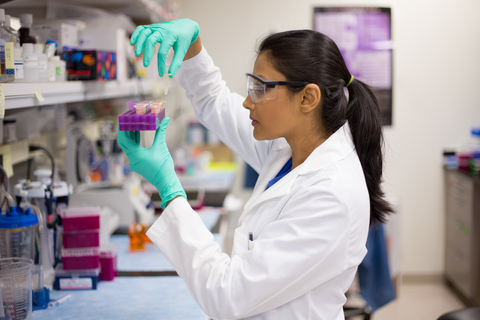Male contraceptive gel 100% effective in trial with monkeys

A male contraceptive gel has been found to work reliably in a trial in primates, bringing the prospect of an alternative form of birth control for humans closer (The Guardian, 2017).
The product, called Vasalgel, is designed to be a reversible and less invasive form of vasectomy and in the latest study was 100% effective at preventing conception. A blob of the gel is injected into the sperm-carrying tube, known as the vas deferens, and acts as a long-lasting barrier.
Previous tests in smaller animals showed the procedure could be easily reversed by breaking up the gel using ultrasound.
Catherine VandeVoort, of the California National Primate Research Center and the study’s lead author, said “Men’s options for contraception have not changed much in decades. There’s vasectomy, which is poorly reversible, and condoms. If they knew they could get a reliable contraceptive that could also be reversed I think it would be appealing to them…One of the great things about the monkey model is that the male reproductive tract is very similar to humans and they have even more sperm than humans do. Chances are, it’s going to be effective in humans.”
The Parsemus Foundation, a non-profit organisation that funded the work, said it plans to start a human trial as soon as funding is secured, based on the promising monkey results.
After decades of minimal progress on male contraceptives, a range of different approaches now appear to be showing promise. A World Health Organisation investigation, published last year, found that a male hormonal contraceptive jab was as effective as the female pill. However, scientists are still working to overcome unwanted side effects including depression, acne and soaring libido that are linked to hormone-altering gels, pills and injections.
By contrast, the Vasalgel procedure does not interfere with sperm production and hormone levels in the body remain unchanged, meaning such side effects are not an issue. As with a vasectomy, sperm continues to be produced in the testes, but rather than being ejaculated, it dissolves and is naturally absorbed by the body. Unlike vasectomy though, in which the tube is snipped and the two ends cauterised, the Vasalgel procedure should be reversible, potentially making it an attractive option for a wider range of men. Cathereine VandeVoort said “They wouldn’t have to worry about it on a day-to-day basis. This would be more akin to an IUD [the coil] in women.”
In the study, published in Basic and Clinical Andrology, sixteen male rhesus monkeys were given injections of the gel and then returned to their group, which included between three and nine breeding females. The monkeys were monitored for at least one breeding season and about half the monkeys lived alongside females for two years, during which time there were no conceptions and side-effects, such as inflammation, were minimal.
Angela Colagross-Schouten, lead veterinarian on the project, said “We were impressed that this alternative worked in every single monkey, even though this was our first time trying it.”
The same team are now hoping to confirm that the procedure is fully reversible in monkeys.








